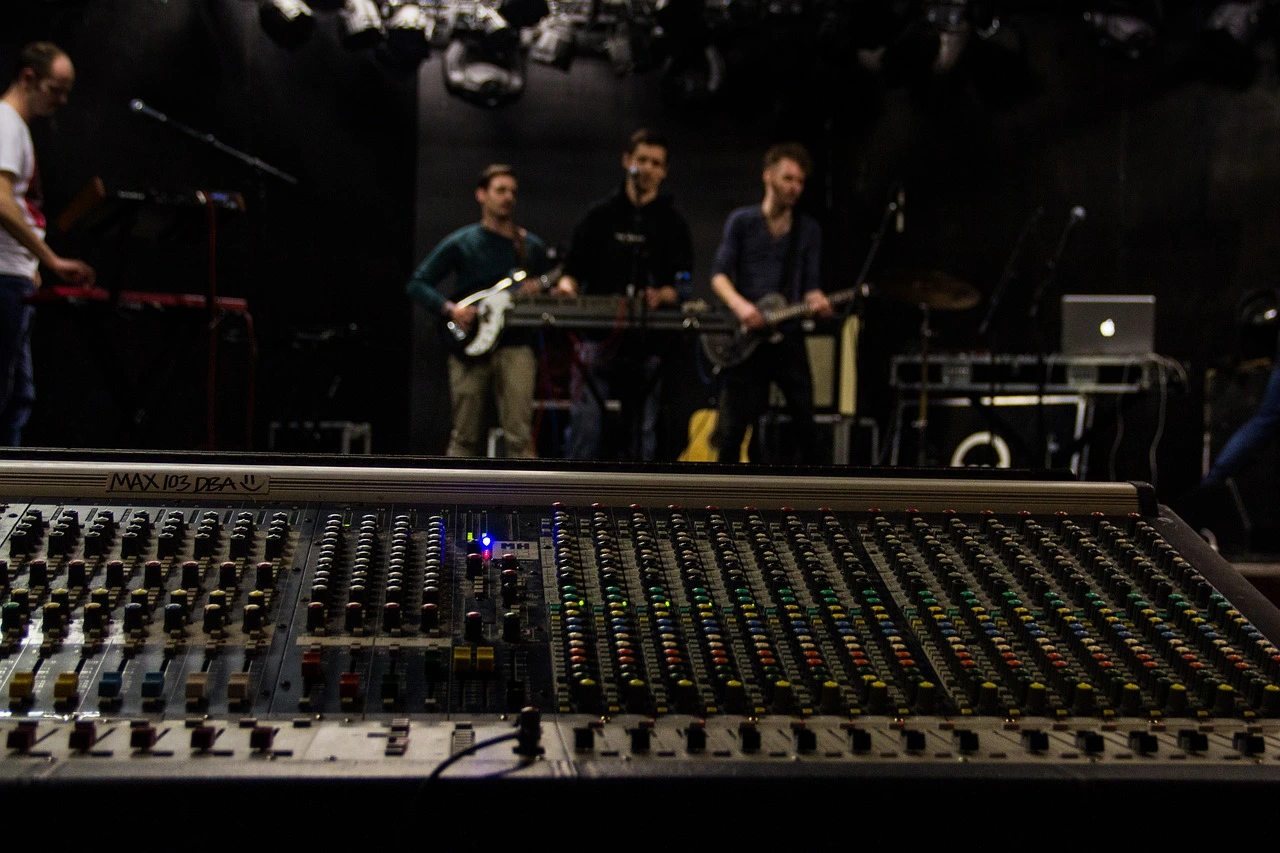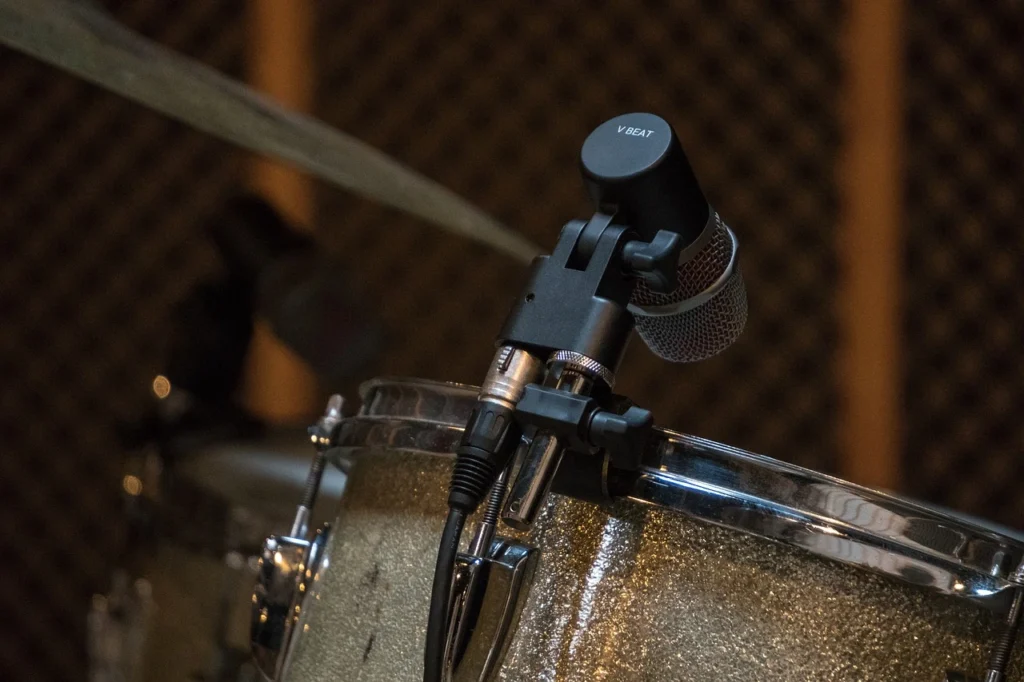
Table of Contents
Is there money in audio engineering?
See if a career in audio engineering is right for you by learning more about the field. Find information about the employment outlook, education requirements, skill requirements, income potential, and work satisfaction in the audio engineering industry. Learn how to become an audio engineer and what kind of talents are necessary for the job. Find out how being an audio engineer may benefit you financially and professionally. Audio engineering may be a rewarding career choice if you have a passion for technology and sound.

What is Audio Engineering?
Selecting a professional route may be difficult since it involves taking a number of things into account, including growth chances, employment prospects, and personal interests. Audio engineering is one discipline that has been increasingly popular in recent years. We will examine the field of audio engineering in this blog article and talk about whether or not it’s a viable option for professionals looking to further their careers.
What is Audio Engineering?
Sound recording, mixing, and reproduction are the art and science of audio engineering. It entails using a variety of audio tools and software to record and edit sound for a range of applications, including live performances, video games, cinema, and television, and music creation. In order to guarantee the fidelity and clarity of sound in various media, audio engineers are essential.
Job Opportunities and Growth
The possibility for professional advancement and the availability of employment prospects are important considerations when assessing a vocation. The need for qualified experts in the field of audio engineering is growing. Audio engineers are always needed at recording studios, radio and television stations, concert halls, and post-production firms due to the expansion of the entertainment sector.
Furthermore, audio engineers now have more career options because to technological improvements. Demand for engaging and superior audio experiences has increased due to the popularity of podcasts, virtual reality, and streaming services. Due to the industry’s growth, audio engineers have many options to pursue new careers and areas of specialization.
Skills and Education
Although it might be helpful, a formal degree in audio engineering is not necessarily required to work in the area. A lot of accomplished audio engineers learned their trade through self-study and practical practice. On the other hand, going after a degree or certification program might improve career opportunities and offer a strong basis.
Among the fundamental abilities required by audio engineers are:
- Technical expertise with software and audio equipment
- Knowledge of sound theory and acoustics
- A keen eye for detail and a robust aptitude for solving problems
- Capacity to fulfill deadlines and perform effectively under duress
- Strong interpersonal and collaborative abilities
Salary and Job Satisfaction
A profession in audio engineering may be financially fulfilling. The industry, geography, and level of expertise all affect audio engineers’ pay ranges. As of May 2020, the Bureau of Labor Statistics reports that the median yearly salary for sound engineering technicians was $53,330, with the top 10 percent making over $105,810.
Another important factor to take into account while assessing a profession is job happiness. Many audio engineers are happy in their jobs because they get to work with creative people, produce memorable soundscapes, and enhance the entertainment experience as a whole. It is crucial to remember that the field may be tough and competitive, necessitating a strong sense of love for one’s work as well as a constant desire to pick up new skills and adjust to changing technology.
Conclusion
For those who are passionate about technology and sound, a career in audio engineering is both thrilling and gratifying. The need for high-quality audio experiences is increasing across a range of businesses, which means that audio engineers have bright futures. But it’s crucial to acquire the required abilities, keep up with market developments, and be ready for the difficulties that come with the job.
Audio engineering might be a great career choice if you enjoy sound, music, and technology and are prepared to put in the work to become an expert in the field.
Check out this blog related to this blog
Check our featured blog
How were early recordings made?
Can AI Replace Human Musicians? Exploring the Future of Music Creation
Can AI replace human artists? Artificial intelligence in music Can AI Replace Human Musicians? Introduction Artificial intelligence in music (AI) is swiftly changing multiple industries, and the music sector is no different. The incorporation of AI into music production, songwriting, and live performance has opened the door to inventive practices and technologies that question conventional…
How to Use Vocal Compressor?
How to Use Vocal Compressor? Vocal compression is an important step in music production for creating a refined sound. This article covers everything from how to set up your compressor and dial in the optimum settings to advanced techniques like as parallel and side-chain compression. Learn how to control dynamic range, establish voice presence, and…
Difference Between Home Studio and Professional Studio
Difference Between Home Studio and Professional Studio Discover the fundamental distinctions between home and professional audio production facilities. Learn about each type of studio’s equipment, technology, and expenses, as well as the benefits and drawbacks. Whether you’re a hobbyist or a professional, this guide will help you select the best configuration for your requirements. Introduction…

Leave a Reply